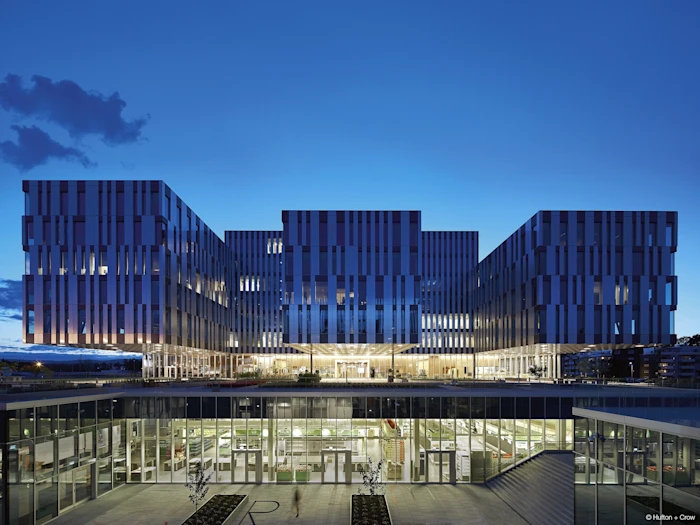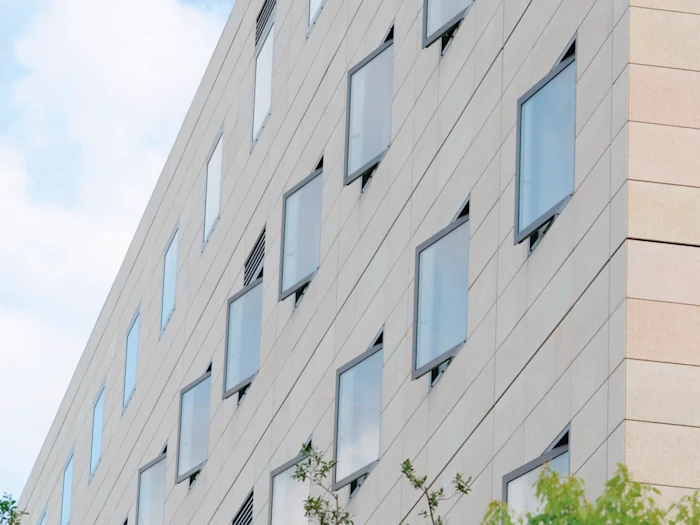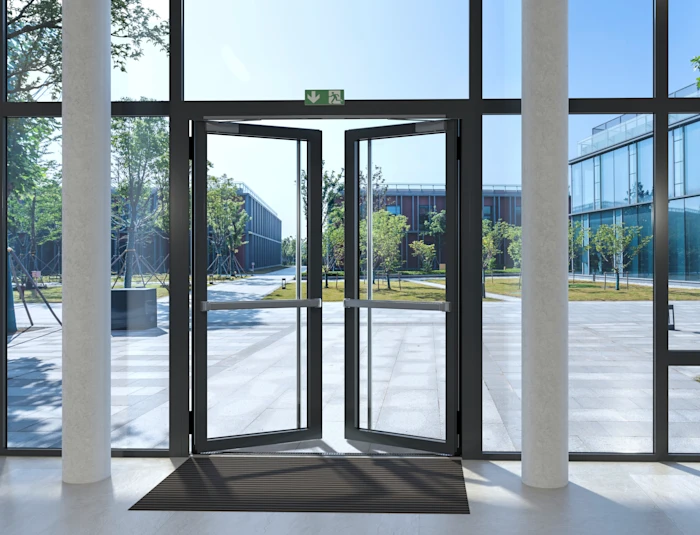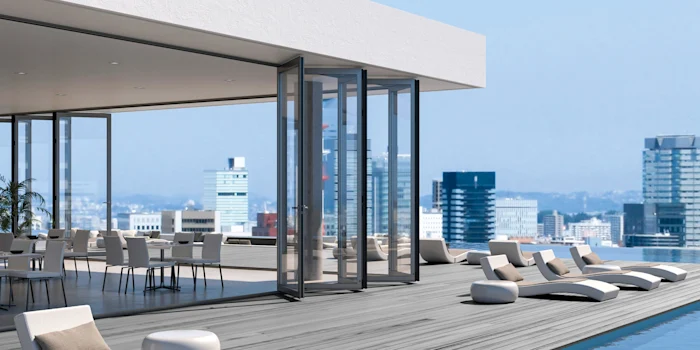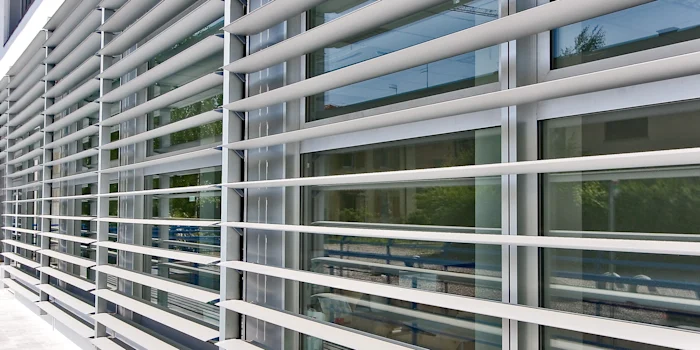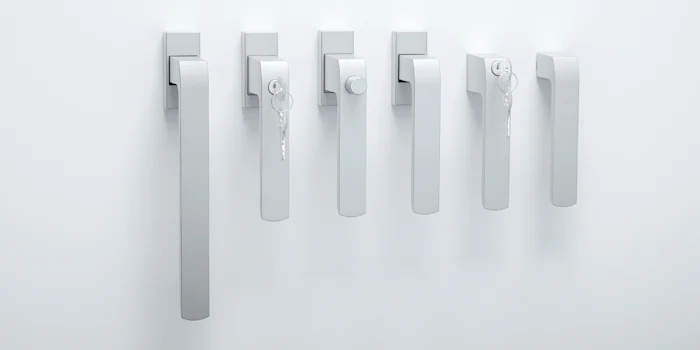Esplora gli argomenti principali
I nostri prodotti
Scopri le nostre soluzioni in alluminio

Costruiamo oltre il domani
Andiamo oltre i materiali a basse emissioni di carbonio: rendiamo il più sostenibile possibile ogni aspetto della nostra attività.
Guidiamo la decarbonizzazioneLasciati ispirare
Cerchi ispirazione? Non sai da dove cominciare con il tuo progetto e hai bisogno di consigli?
